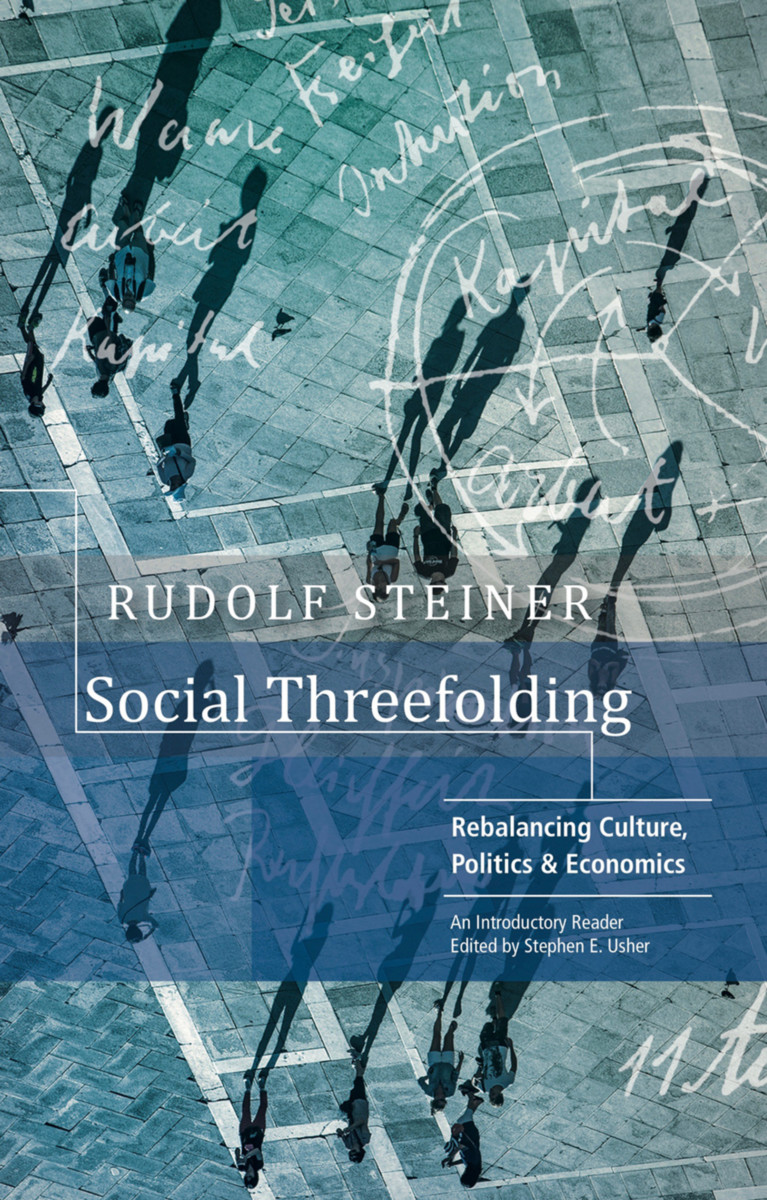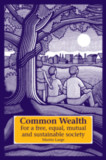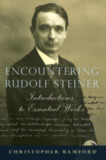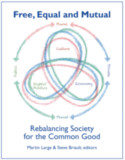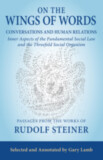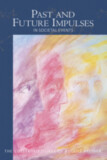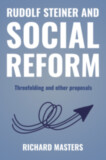Social Threefolding
Rebalancing Culture, Politics and Economics: An Introductory Reader
Introduction by Stephen E. Usher
Edited by Stephen E. Usher
Revised by Christian von Arnim
- Publisher
Rudolf Steiner Press - Published
21st December 2018 - ISBN 9781855845558
- Pages 208 pp.
- Size 5.5" x 8.5"
In the devastating aftermath of World War I, Rudolf Steiner gained a reputation as a leading social thinker. One mainstream reviewer of his book Towards Social Renewal referred to it as “perhaps the most widely read of all books on politics appearing since the war.” Steiner’s proposals for the reconstruction of Europe and rebuilding the crumbling social structure were thus discussed publicly as a serious alternative to both Communism and capitalism.
Steiner’s “threefold” ideas involve the progressive independence of socioeconomic, political, and cultural institutions. This should be realized through the promotion of human rights and equality in political life, freedom in the cultural realm, and associative cooperation in economics and business.
In this carefully assembled anthology of lectures and writing by Rudolf Steiner, Stephen Usher gathers key concepts and insights to form a coherent picture of social threefolding. Apart from fundamental lectures on the theme, the volume also features the full content of Steiner’s unique Memoranda of 1917. The original texts are complemented with the editor’s introduction, “Seminal Ideas and Historic Moments,” plus commentary and notes.
C O N T E N T S:
Introduction: Seminal Ideas and History Moments, by Stephen E. Usher
1. Psychological Cognition
2. The Social Question
3. The Science of the Spiritual and Social Questions
4. The Social Question and Theosophy
5. Memoranda of 1917
6. The Metamorphosis of Intelligence
7. Culture, Law, and Economy
8. Central Europe between East and West
Notes
Sources
Further Reading
Rudolf Steiner
Rudolf Steiner (b. Rudolf Joseph Lorenz Steiner, 1861–1925) was born in the small village of Kraljevec, Austro-Hungarian Empire (now in Croatia), where he grew up. As a young man, he lived in Weimar and Berlin, where he became a well-published scientific, literary, and philosophical scholar, known especially for his work with Goethe’s scientific writings. Steiner termed his spiritual philosophy anthroposophy, meaning “wisdom of the human being.” As an exceptionally developed seer, he based his work on direct knowledge and perception of spiritual dimensions. He initiated a modern, universal “spiritual science” that is accessible to anyone willing to exercise clear and unbiased thinking. From his spiritual investigations, Steiner provided suggestions for the renewal of numerous activities, including education (general and for special needs), agriculture, medicine, economics, architecture, science, philosophy, Christianity, and the arts. There are currently thousands of schools, clinics, farms, and initiatives in other fields that involve practical work based on the principles Steiner developed. His many published works feature his research into the spiritual nature of human beings, the evolution of the world and humanity, and methods for personal development. He wrote some thirty books and delivered more than six thousand lectures throughout much of Europe. In 1924, Steiner founded the General Anthroposophical Society, which today has branches around the world.


